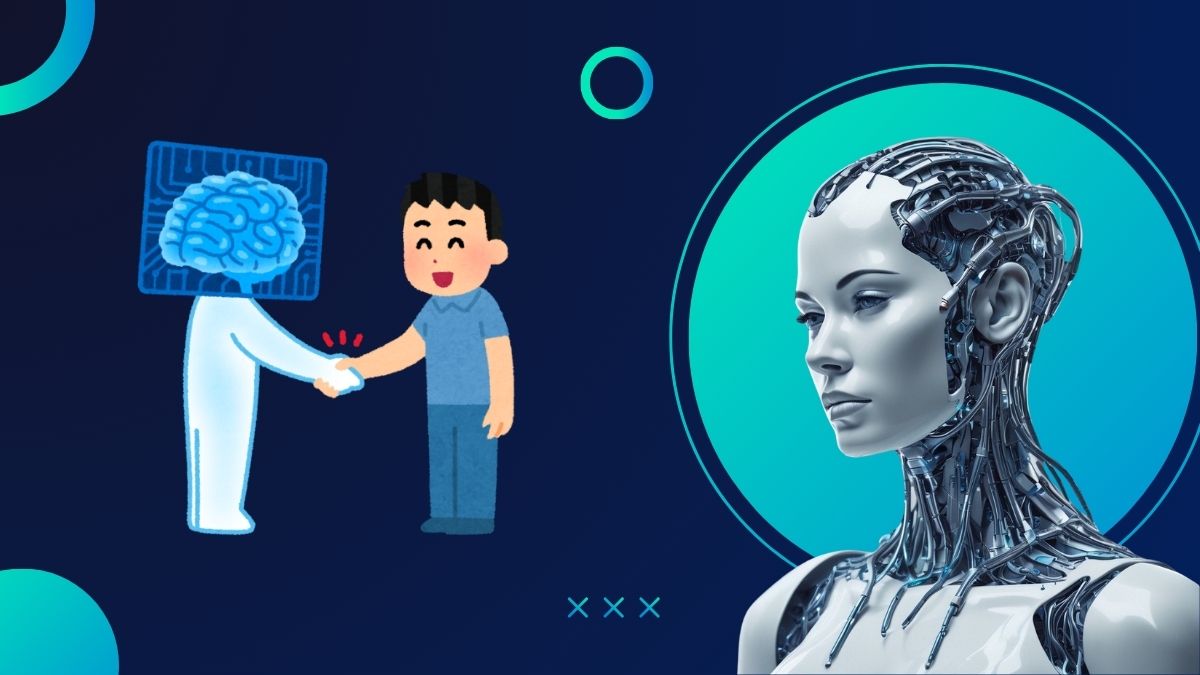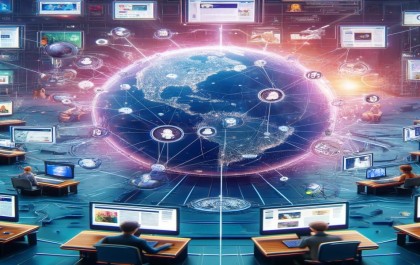In an era marked by rapid technological advancements, Artificial Intelligence (AI) stands at the forefront, poised to revolutionize industries, reshape economies, and redefine human interactions.
Understanding AI: A Brief Overview
Artificial Intelligence, commonly referred to as AI, encompasses a range of technologies that enable machines to mimic human intelligence. These include machine learning, natural language processing, computer vision, and robotics. By leveraging these technologies, AI systems can analyze vast amounts of data, recognize patterns, make decisions, and learn from experiences.
Key Milestones in AI Development
The journey of AI has been marked by significant milestones:
- 1950s-1960s: The inception of AI as a field of study, with pioneers like Alan Turing and John McCarthy laying the groundwork.
- 1980s-1990s: The advent of expert systems and the rise of machine learning algorithms.
- 2000s-2010s: The proliferation of big data and advancements in neural networks, leading to breakthroughs in deep learning.
- 2020s: The era of AI democratization, where AI tools and applications become accessible to businesses and individuals alike.
1. AI-Driven Healthcare Solutions
Our AI-driven healthcare platform is designed to transform patient care and improve outcomes. By integrating AI with electronic health records (EHRs), our platform can:
- Predict patient outcomes: Using predictive analytics, our AI can identify patients at risk of developing complications, allowing for early intervention.
- Personalize treatment plans: Tailored treatment recommendations based on individual patient data and medical history.
- Enhance diagnostic accuracy: AI-powered diagnostic tools that assist clinicians in identifying conditions with higher precision.
2. Smart Manufacturing with AI
The manufacturing industry is witnessing a paradigm shift with the integration of AI. Our AI solutions for smart manufacturing include:
- Predictive maintenance: AI algorithms that predict equipment failures before they occur, reducing downtime and maintenance costs.
- Quality control: Advanced computer vision systems that detect defects in real-time, ensuring high-quality production.
- Supply chain optimization: AI-driven insights to streamline supply chain operations, from demand forecasting to inventory management.
3. AI in Financial Services
The financial sector is leveraging AI to enhance decision-making, improve customer experiences, and ensure regulatory compliance. Our AI solutions for financial services include:
- Fraud detection: Machine learning models that identify fraudulent transactions with high accuracy.
- Customer insights: AI-driven analytics that provide deep insights into customer behavior and preferences.
- Risk management: Advanced algorithms that assess and manage financial risks effectively.
Ethical AI: A Core Principle
As we continue to push the boundaries of AI, ethical considerations remain paramount. At [Your Company Name], we are committed to developing AI responsibly. Our ethical AI framework includes:
- Transparency: Ensuring AI systems are transparent and their decision-making processes can be understood by users.
- Fairness: Addressing biases in AI algorithms to ensure fair and equitable outcomes.
- Privacy: Safeguarding user data and maintaining strict data privacy standards.
The Future of AI: A Vision for Tomorrow
The potential of AI is boundless, and its future promises even more groundbreaking advancements. Here are some trends and developments we anticipate:
1. AI and Augmented Reality (AR)
The convergence of AI and AR will create immersive experiences across various domains, from gaming and entertainment to education and healthcare. AI-driven AR applications will provide real-time insights and interactive experiences, enhancing learning and engagement.
2. Autonomous Systems
The development of autonomous systems, including self-driving cars and drones, will revolutionize transportation and logistics. These systems will rely on AI to navigate complex environments, make real-time decisions, and ensure safety and efficiency.
3. AI for Environmental Sustainability
AI will play a crucial role in addressing environmental challenges. From optimizing energy consumption to monitoring wildlife populations, AI-powered solutions will contribute to sustainable practices and the preservation of natural resources.
4. AI and Human Collaboration
The future of AI lies in collaboration between humans and machines. AI will augment human capabilities, providing tools that enhance creativity, productivity, and problem-solving. This symbiotic relationship will lead to new opportunities and innovations across industries.
















